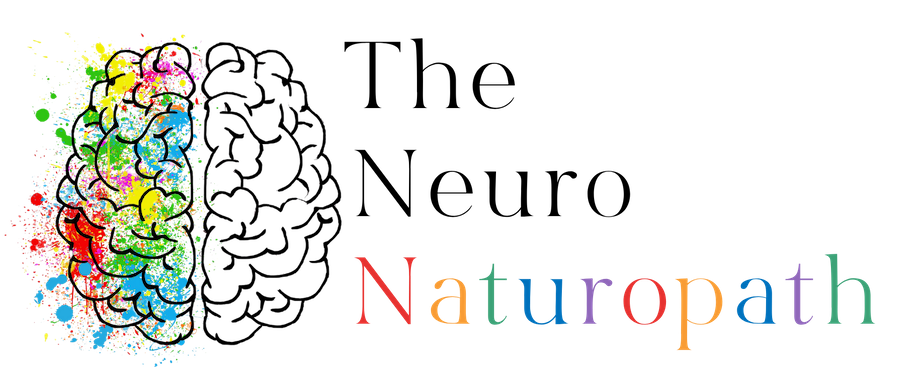The Gut-Brain Connection: Why Your Child’s Gut Health Matters for Their Mood and Behavior
At The Neuro Naturopath, one of the first things I help parents understand is this: when we’re looking at a child’s mood, behavior, or emotional struggles, we cannot ignore what’s happening in their gut.
This powerful relationship, known as the gut-brain connection, is at the heart of how children feel, behave, and cope with the world around them.
You might wonder, How can my child’s stomach affect their brain?
Here’s what you need to know:
✅ The gut is home to the microbiome — a vast community of bacteria and microbes that influence brain function, immune health, and even the production of neurotransmitters like serotonin and dopamine.
✅ The gut and brain communicate constantly through the vagus nerve, chemical messengers, and the immune system. When the gut is inflamed or imbalanced, the brain feels it — often in the form of anxiety, irritability, poor focus, or emotional dysregulation.
✅ Around 70–80% of the immune system lives in the gut, meaning that hidden food sensitivities or gut inflammation can trigger systemic effects, including mood swings, hyperactivity, or low resilience to stress.
When the gut is healthy, children are more likely to feel calm, focused, and emotionally steady. But when gut health is compromised — whether due to imbalances in gut bacteria, chronic constipation, bloating, infections, or poor digestion — the gut sends stress signals to the brain.
This can look like:
Unexplained meltdowns or aggression
Anxiety or clinginess
Trouble concentrating or sitting still
Mood swings or irritability
Sleep difficulties or restlessness
What’s important to understand is that these behaviors are not just “personality” or “bad habits” — they may be rooted in a gut-brain imbalance.
The good news? Once we identify what’s going on in the gut, we can take steps to repair and rebalance.
Supporting gut health may involve:
Identifying and removing inflammatory foods or hidden sensitivities
Rebalancing gut bacteria through probiotics or targeted antimicrobials
Healing the gut lining with specific nutrients
Supporting digestion and nutrient absorption
When we work on the gut, we often see dramatic shifts — children become calmer, more focused, and more emotionally adaptable. Parents tell me all the time, “I had no idea his gut was playing such a huge role!”
In my practice, I always look at gut health when addressing children’s behavior and emotional challenges because it’s one of the most powerful leverage points for change.
If you’ve been addressing your child’s behavior solely through parenting strategies or therapies and you’re not seeing the progress you hoped for, it might be time to look inward — right into the gut.
At The Neuro Naturopath, I help families uncover the hidden gut-brain connections that may be affecting their child’s well-being, so we can build a personalized, natural plan to support their happiest, healthiest self.


